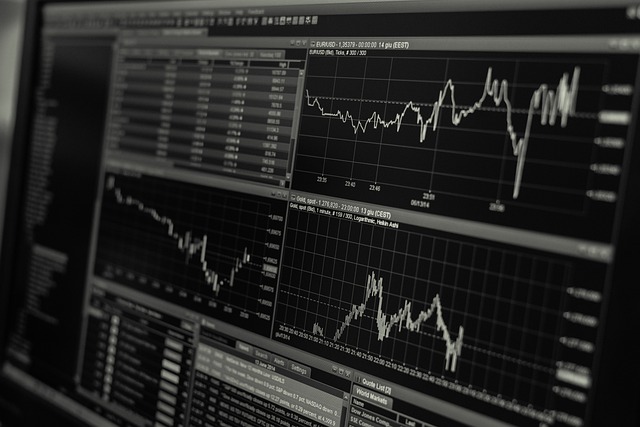Joining a proprietary trading (prop trading) firm offers unique opportunities and challenges for traders seeking to leverage their skills in financial markets. This article explores the pros and cons of working with a prop trading firm, highlighting the advantages and potential drawbacks associated with this career path. From professional development to risk exposure, proprietary trading firms present a dynamic environment that attracts traders looking to capitalize on market opportunities while navigating inherent challenges.
Pros of Working with a Proprietary Trading Firm
Access to Capital and Resources: Prop trading firms provide traders access to significant sums of money, which they can use to make bigger transactions and can be make more money. Companies in this space also provide cutting-edge trading platforms, algorithms developed in-house, and analytical tools for market data to help traders save time and make better decisions.
Performance-Based Compensation: In contrast to standard trading positions, which often come with set wages, proprietary trading organizations frequently provide pay schemes that are dependent on performance. To encourage traders to achieve the highest possible levels of trading performance and profitability, they are provided with the chance to earn a portion of the profits that are created from their trading operations.
Learning and Development Opportunities: Exclusive trade companies place a high priority on ongoing education and the development of their skills. Mentorship programs, instructional resources, and exposure to a variety of trading tactics are all beneficial for traders. Trading professionals are provided with invaluable insights and expertise in navigating complicated financial markets as a result of this environment, which encourages professional progress.
Career Progression and Advancement: Career growth possibilities are available to traders who are successful in their trading at proprietary trading businesses. These individuals have the potential to advance their careers to senior trading responsibilities, portfolio management, or even leadership positions on proprietary trading desks. It is possible to achieve long-term professional success in the financial business by using the meritocratic culture, which recognizes and rewards skill and achievement.
Dynamic and Stimulating Environment: Firms that engage in proprietary trading operate in settings that are both fast-paced and competitive, which can be intellectually engaging for these individuals. Individuals who thrive in high-energy environments are likely to be drawn to the task of evaluating market patterns, formulating trading strategies, and carrying out deals while under pressure.
Cons of Working with a Proprietary Trading Firm
High Pressure and Performance Expectations: Proprietary trading firms impose high-performance standards on traders, with expectations to generate profits consistently. The pressure to meet trading targets and outperform benchmarks can lead to stress and burnout, particularly during volatile market conditions.
Risk of Losses and Capital Drawdowns: Trading with firm capital means traders bear the risk of losses. Even experienced traders can encounter periods of draw downs or losses, impacting both personal earnings and the firm’s profitability. Risk management skills are crucial to mitigate potential financial setbacks.
Limited Job Security: Proprietary trading firms can operate on a performance-driven model where under performing traders face the risk of termination. Market fluctuations and trading outcomes can directly influence job security, making the role inherently volatile compared to traditional employment with fixed salaries and benefits.
Lack of Benefits and Stability: Unlike traditional financial institutions, proprietary trading firms can offer limited employee benefits such as health insurance, retirement plans, and paid leave. Traders are often classified as independent contractors or receive performance-based incentives, which can not provide the same level of financial stability or long-term security.
Regulatory and Compliance Requirements: Proprietary trading firms must navigate stringent regulatory frameworks and compliance obligations imposed by financial authorities. Adhering to rules on trading practices, risk management, and reporting can be complex and time-consuming, requiring traders to stay updated with regulatory changes and maintain strict adherence to legal standards.
Conclusion
Working with a prop trading firm offers traders a platform to leverage capital, access advanced technology, and pursue professional growth in dynamic financial markets. However, it comes with inherent challenges, such as performance pressures, risk exposure, and limited job security. Traders must carefully weigh the pros and cons before pursuing a career in prop trading, ensuring they possess the skills, resilience, and risk tolerance necessary to thrive in this competitive industry. Ultimately, success in prop trading hinges on a combination of talent, discipline, continuous learning, and the ability to navigate both opportunities and challenges effectively.
Also read:
How to Invest in US Stock Market from India
